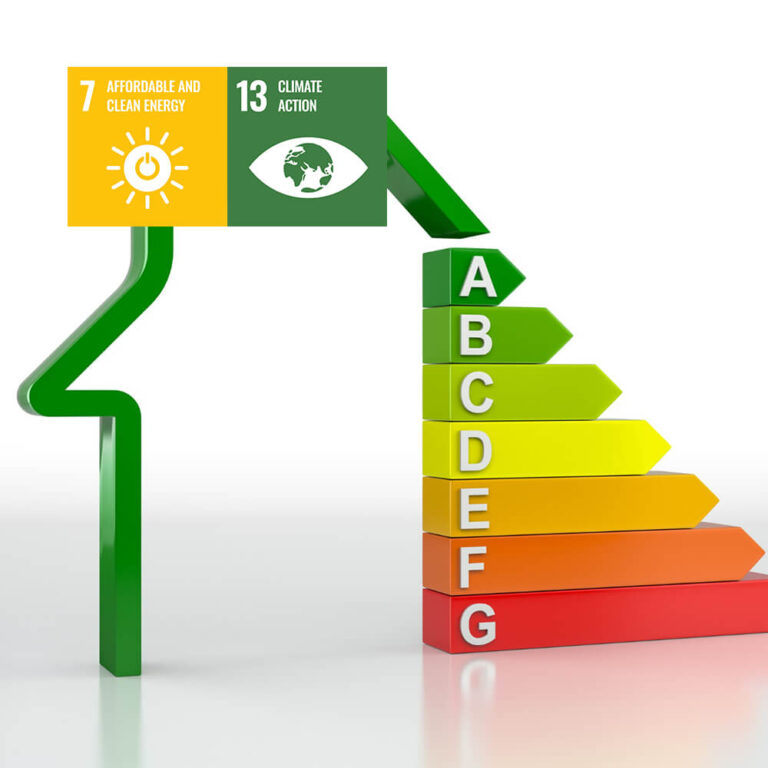Considering the growing gap between the demand and supply for electric power, improving energy efficiency on both the demand and supply sides could be an effective strategy to meet the needs of the people.
Investing in energy efficiency helps reduce energy consumption, leading to lower greenhouse gas emissions and combating climate change. By maximizing the output from energy sources and minimizing waste, energy efficiency plays a significant role in transitioning towards a sustainable and low-carbon future.
Energy efficiency helps save resources and promotes economic growth. By reducing the amount of energy required to perform tasks, businesses and individuals can lower their energy bills and allocate the saved resources to other productive areas. This can stimulate economic development, create jobs, and enhance energy security.
Energy efficiency enhances energy access and affordability. By optimizing energy use, it becomes more feasible to provide affordable and reliable energy services to communities worldwide. This is particularly crucial for regions with limited access to electricity or facing energy poverty, as energy efficiency measures can improve energy availability and reduce energy costs.
Energy efficiency is vital for environmental sustainability, economic prosperity, and social equity. It serves as a cornerstone for achieving a more efficient, resilient, and sustainable energy systems.
